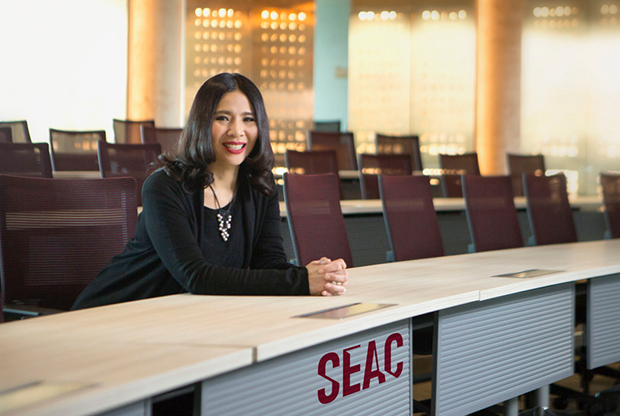
As the world continues to change, you’ve probably started seeing the next shift of the business landscape and, in turn, the demand for skills shifting with it.
So, what does this mean for us and the future workforce? It means that the skills we’ve developed over the years may or may not all be relevant today or in the future.
The fact is, the speed at which most of us learn isn’t fast enough to keep up with the demands our changing world continues to create. Let’s think about this: we spend about four years in university, and more if our degree demands it or if we decide to pursue further studies. After all this time spent mastering the path we’ve chosen, all the knowledge we have gained may be useful to have, but probably no longer relevant in the real world. The skills we worked so hard to obtain have expired sooner rather than later.
Although we still need a degree to land a job, we need to also pursue continuous learning once we have that piece of paper in hand. What we learn from schools is important, but it is learning beyond the formal system that will allow us to keep ahead of change — and keep our jobs.
But, many of us are daunted by the challenge of constantly learning, for many reasons. The following are some of the perceived limitations that stop us from reaching higher speeds — and potential — in learning.
First, many of us we feel we have already learned what we needed to. The reality is that learning shouldn’t ever stop. There are many ways to learn outside formal settings but the most important thing is practice. With practice, you not only learn, you master what you have set out to learn and develop it into a skill.
Sometimes we lose interest in continuing with our learning; it begins to feel like an unwelcome chore. But learning is a mindset that you must nurture. You practise it and eventually get better at it.
Second, we feel that learning is too much of an investment of our time, energy and even money — or it should be someone else’s responsibility to invest. The fact is that it’s really up to you how you want to “invest”. Whether is more time or more money, you still need to invest in your skills so that you’re able to master them and keep up.
Learning has and will always be our own responsibility. If we truly want to improve and develop, we need to take our own learning into our own hands. This not only gives you control over your own learning needs, it also nurtures your desire to learn.
Additionally, learning is also the responsibility of business leaders and their organisation. Investing and supporting your employees’ learning means it will be faster for them to learn, and this gives the whole organisation a better chance of keeping up with change and demand for new skills.
Third, we aren’t prepared to let go of the irrelevant and evolve our learning. But sometimes, if we don’t let go of the things we learned in the past that are no longer relevant, or evolve our learning to something new — however, hard we may have worked to attain it — we’ll get left behind.
When you look at the industrial revolution, advancements were made in every era. And although some elements remained stubbornly rooted, many things had to be left behind to make space for the new advancements. If we didn’t let go, we would be stuck in the same old ways.
So, is the speed of learning fast enough? The answer is no, it isn’t.
But it isn’t that we can’t speed up learning; rather we just feel like we can’t. There is so much potential for us to get ahead if we are able to shift our mindset, go beyond our perceived limitations and continuously learn.
Arinya Talerngsri is Chief Capability Officer and Managing Director at SEAC (formerly APMGroup) Southeast Asia’s Lifelong Learning Center. She can be reached by email at arinya_t@seasiacenter.com or https://www.linkedin.com/in/arinya-talerngsri-53b81aa